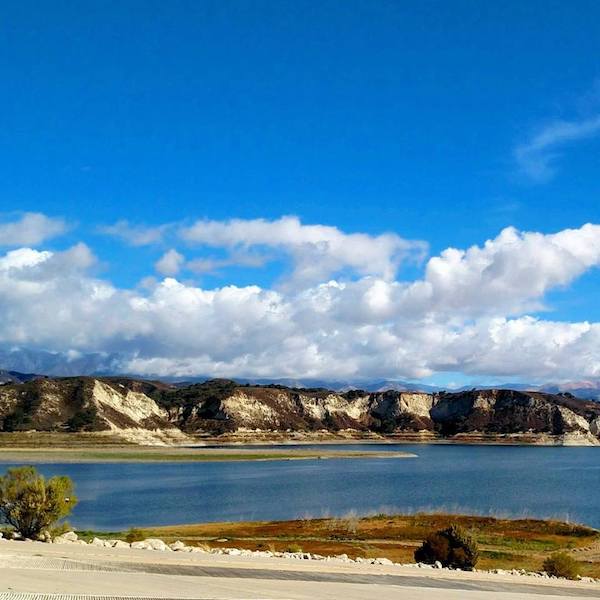Cachuma Lake Fish Report for 1-20-2019
The Lake has Risen a Considerable Amount Since the Storm
Cachuma Lake - Santa Barbara, CA (Santa Barbara County)

by Cachuma Lake Staff
1-20-2019
Website
The lake has risen a considerable amount since the storm. It’s affected fishing due to mud/debris, it should be settling back to the bottom so it should be back to normal soon. Trout have been deep for the past week, so trolling w/o lead core hasn’t had much luck. They should be coming back up to shallower waters soon. It’s recommended to use lures/bait that can sink deep. Large and Smallmouth Bass are deep as well, using slow moving baits/lures is how most are being caught. Crappie/Bluegill love structure, so jig near docks/reeds using jigs/mealworms dipped in panfish attractant. Try using our new baitpro baithaze which gives your lure scent appealing to crappie/bluegill. Catfish can be caught using nightcrawler, mackerel, or dough. The bait shop sells Baitpro catfish nuggets which work well, it’s recommended to try over by the dam or to the east. Carp can be caught using Baitpro carp nuggets, nightvrawlers or by bow, They can be found along the bottom of the lake.
More Reports
Cachuma Lake Fishing Report
Cachuma LakeTrout are being caught close to top water using Rapalas, Kastmasters or Panther Martins. Popular colors are firetiger, gold, & silver. If you are on-shore, nightcrawlers or spoons will work best to catch rainbows. Try trolling along the mountainside opposite the marina, this is where a lot of trout are coming up. Bass are still a common catch. Nightcrawlers, micetails, jigs, swimbaits and other slower moving baits are working great for bass. Since the water temp. is low, bass are...... Read More
Cachuma Lake Fishing Report
Cachuma LakeNow is the perfect time to fish if you want to catch Rainbow Trout. 4,000 lbs were planted earlier this week, and although they are still acclimating to the lake they are starting to become the common catch. Nightcrawlers are great to use as well as Panther martins, Kastmasters, or any spoon. They are between 103 lbs on average. Bass have slowed down a bit but are still fairly common. The cooler water temp has forced them deeper, so using...... Read More

Website Hosting and Design provided by TECK.net